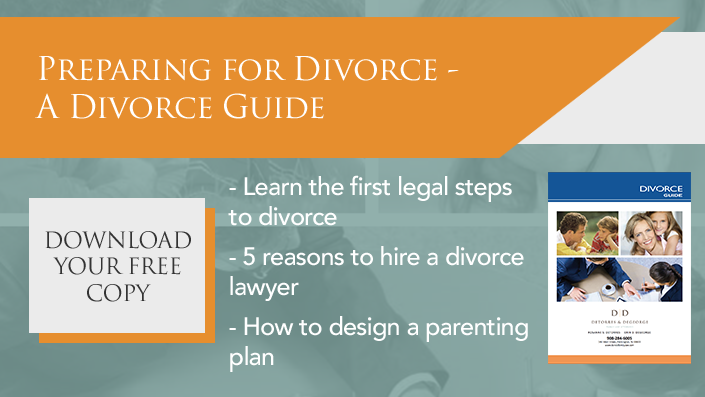 One of the most rewarding yet challenging aspects of life is raising children. And, in situations where the parents have divorced or were never married, the need to co-parent can further complicate matters. The court classifies cases where parents were never married as “non-dissolution” or “FD” matters. If you are in a non-dissolution case, we have some tips for getting through your case amicably.
One of the most rewarding yet challenging aspects of life is raising children. And, in situations where the parents have divorced or were never married, the need to co-parent can further complicate matters. The court classifies cases where parents were never married as “non-dissolution” or “FD” matters. If you are in a non-dissolution case, we have some tips for getting through your case amicably.
Obtain Representation
While it can be expensive to be represented by counsel throughout your non-dissolution matter, it is likely well worth when it comes to your well-being. Without attorney representation, you will be required to appear at all court appearances on your own, and you will have to present your case to a judge without the guidance and assistance of a professional with family law experience. You also may be required to engage in settlement negotiations with the other parent, or their representative. Additionally, if you were unable to resolve on your own without court involvement, it’s unlikely that continuing these discussions in a court setting without representation will result in a resolution.
By retaining an attorney to represent your interests, you are distancing yourself a bit from the proceedings. While ultimately the decisions regarding your case and settlement discussions remain yours, an attorney will act as a buffer of sorts between yourself and the court or another party. The attorney will not only be responsible for conveying your position but also be fully aware of the laws and how to present your case in the best light. While your attorney fights for your position, it is not as emotional for them as it would be for you. The added support of an experienced litigator can aid in relieving some of the stress that you may face in trying to resolve your non-dissolution matter.
Mediation
Unless you have reached an impasse that makes it impossible to resolve your matter, or there are serious concerns about the children’s well-being while in the care of the other parent, it may be beneficial to engage the services of a mediator to assist you in amicably resolving your non-dissolution matter.
Mediators are neutral third parties who are specially trained to help parents reach an agreement that they believe is in their children’s best interest. They know the law and will tell the parties what the applicable law is, but they do not represent either party, and they will not force a settlement. You can attend mediation either with an attorney or on your own, though if you visit with your attorney, he or she can make recommendations about the settlement offers while you are there, rather than having to discuss possible resolutions after the fact. Mediation is an excellent resource for parties to work together to find the best possible solution to their non-dissolution custody and parenting time issues.
The county courts in New Jersey provide free mediation services to litigants. This service can generally be used for at least one session, to allow parents to resolve their matter before having a judge be involved. If the county mediator is not available, you can also engage the services of a private mediator who may be able to assist you and the other parent.
Be Forthcoming with Information
Whether you and the other parent engage in mediation or proceed through the court system, there is information that you will be required to provide to establish child support and determine an appropriate parenting schedule. To abide by the custody laws for unmarried parents, ensuring the proper information is crucial. Specifically, to determine child support, the parties must each provide proof of their respective incomes, any additional benefits, and bonuses they might receive from their employer, mandatory contributions (such as pensions and union dues), and historical income information, including prior tax returns.
For parenting time and custody purposes, it’s essential that the parties are forthcoming about their work schedules and obligations. It would not be in the child’s best interest, for example, if one parent is an overnight nurse and the children are left home alone as a result of that work schedule. This is not to say that the parent in this situation would not get overnight parenting time, but it would merely be something to consider in crafting a parenting schedule that is in the best interest of the children.
If you have a non-dissolution matter that you would like to resolve amicably, contact the attorneys of DeTorres & DeGeorge to schedule a consultation.


 START LIVE CHAT
START LIVE CHAT










